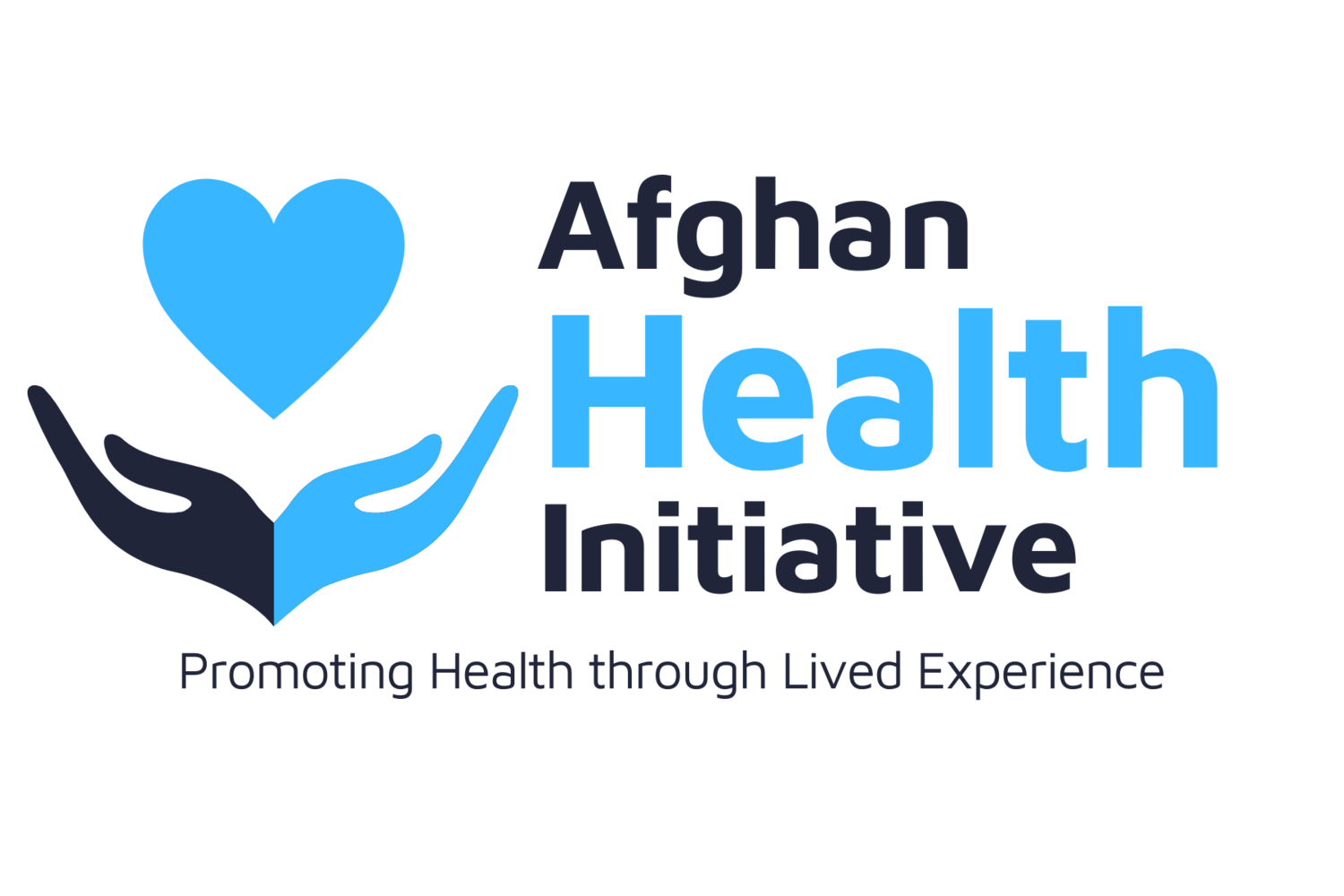For Immediate Release: Washington is poised to accept a wave of Afghan refugees. How will they be recieved?
Read it Here
By Naomi Ishisaka Seattle Times columnist
Before the latest crisis in Afghanistan, Auburn’s Navid Hamidi said the “sky was the limit” for the generation who grew up after the Taliban was ousted in 2001, but he said now “those hopes are dead.”
Hamidi, the executive director and co-founder of the Kent-based Afghan Health Initiative, which supports the health and education of the local Afghan community, said last week that the dreams and aspirations of Afghanistan’s people were in jeopardy after the withdrawal of U.S. forces, the rapid fall of the Afghan government and the resurgence of the Taliban.
Women, in particular, he said, “will lose everything that they were able to do in the past 20 years.”
Hamidi, 32, experienced the terror of Taliban rule. As a child in the late ’90s in Kabul, Hamidi was too young to fully comprehend the political currents around him but was old enough to remember the brutality.
In one of the Taliban’s first horrific acts near his home in 1996, Hamidi said he and his friends were told, “‘Hey, they are hanging the president of Afghanistan Dr. [Mohammad] Najibullah, do you guys want to go watch it?’ So we went to this street of Kabul, and then in a traffic circle we watched that.”
In the coming years he said he saw women get beaten, others have their hands cut off and — in one instance — a woman was executed during a soccer match.
After the Taliban were overthrown in 2001 and Hamidi became an adult, he worked as a linguist and cultural and political adviser for U.S. armed forces for years before coming to the U.S. on a Special Immigrant Visa in 2014.
Now with the Taliban back in power, Hamidi fears for his sisters, parents and other family who are still in Afghanistan and are trying to get out.
He is especially concerned about the fate of women and girls in his family and in the country. He does not buy the Taliban’s argument that their new regime will be kinder and gentler than their original one, where education for girls and women was forbidden, most work prohibited and repression of women brutal. While the Taliban have said women will now be able to work and go to school, Hamidi wants to know how that will work if the Taliban continue to require women to have a male family member escort them everywhere they go.
“When you see all those limitations [the Taliban] impose, that contradicts their belief and their claim that [women] will be able to go to school and go to work and be active members of society,” he said.
Hamidi said the U.S. must uphold its commitment to protect Afghans who helped support them over the past two decades and who will face a “bloodbath” if they are not helped to safety.
The question of our obligation to the thousands of Afghans who are desperately trying to flee the country is now top of mind. President Biden, who initially took a callous “you’re on your own” attitude, softened his tone last Friday, affirming the U.S. would aid evacuations of Afghan allies.
Among the many heartbreaking scenes of desperation last week were images of people — one later identified as young soccer player Zaki Anwari — falling from the wheel well of an evacuation plane. In another video, adults handed babies over a razor wire fence to soldiers at the Kabul airport.
Now, Washington is poised to accept a rapid wave of Afghan refugees. How will they be received?
Will the majority of the public oppose resettlement, as they did for Vietnamese refugees of the 1970s? Will conservatives like Tucker Carlson be successful in whipping up xenophobic opposition to refugees as columnist Danny Westneat described last week? Time will tell.
But early indications are that in Western Washington at least, the arms of our community are open.
While huge immediate challenges remain — specifically housing — and the long-term social and psychological effects of displacement and dislocation yet to be felt, Hamidi said the outpouring of support and well wishes from the community has been overwhelming.
In addition to offering short- and long-term housing, Hamidi said people are donating household items and other necessities to help families get established in Washington.
We have seen too often how Islamophobia and anti-immigrant sentiment have reared their ugly heads after major geopolitical shifts and crises like we are experiencing now. After 9/11, for example, hate crimes targeted toward Muslims spiked.
But while nuance is often a missing element in our political discourse, we can’t afford to fall into the lazy trap of conflating Afghan Muslim refugees with the Taliban’s ruthless and fringe interpretation of Islam. Just as the intolerance and hate of the Westboro Baptist Church does not represent Christianity, the Taliban do not represent Islam.
Hamidi said the desperation of the refugees speaks for itself.
“Do you think those people that are hanging from the airplane at Kabul airports as we saw on the TV, do you think those people are [such] believers of Islam that they want to fly in the wings of the airplane to come here and to radicalize people?” he asked.
“No, they are escaping those radical ideas themselves.”
Hamidi’s primary ask of our community is a simple and achievable one: “Just be welcoming.” I think it’s the very least we can do.
Naomi Ishisaka: nishisaka@seattletimes.com; on Twitter: @naomiishisaka. Naomi Ishisaka is The Seattle Times’ assistant managing editor for diversity, inclusion and staff development. Her column on race, culture, equity and social justice appears weekly on Mondays.

